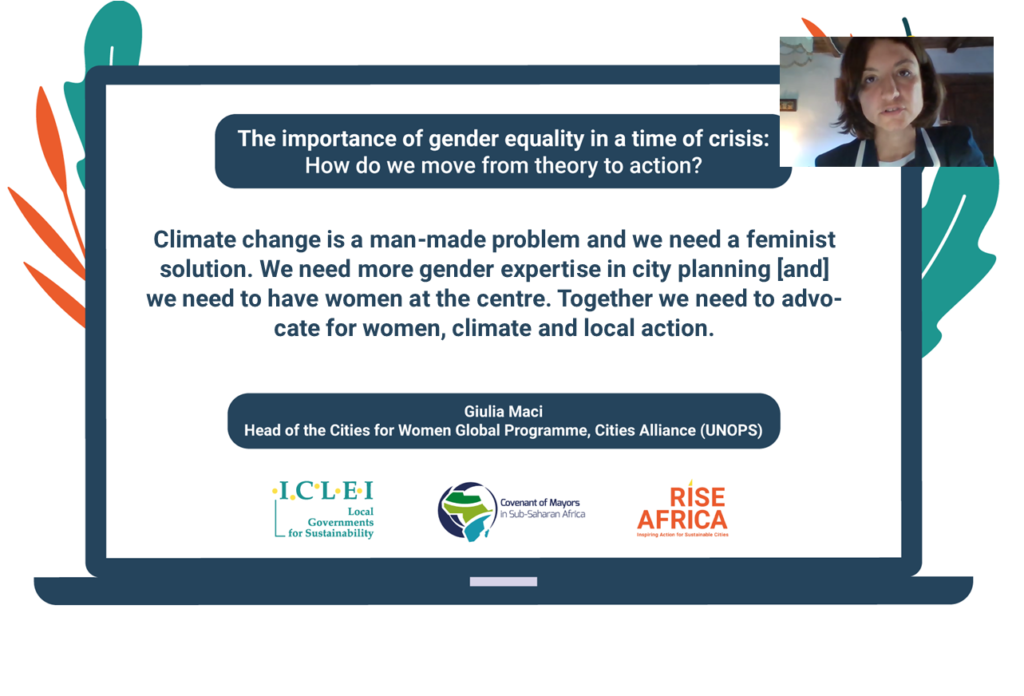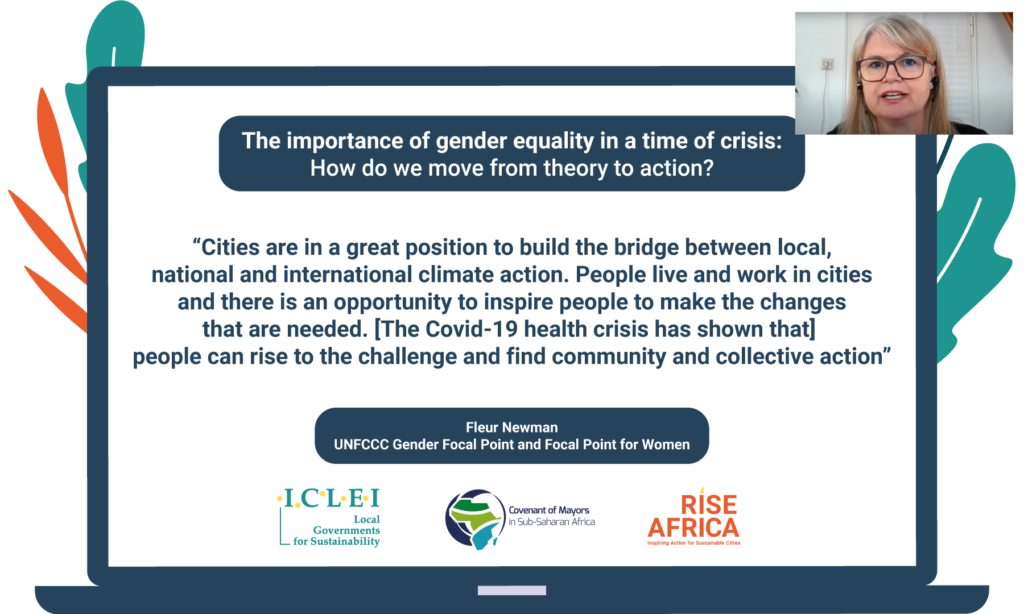3 August 2020
Moving from theory to action: how mainstreaming gender equality builds resilient cities
A resilient society depends on climate action and gender equality. But where does a society begin to untangle the inequalities embedded in its own foundations?

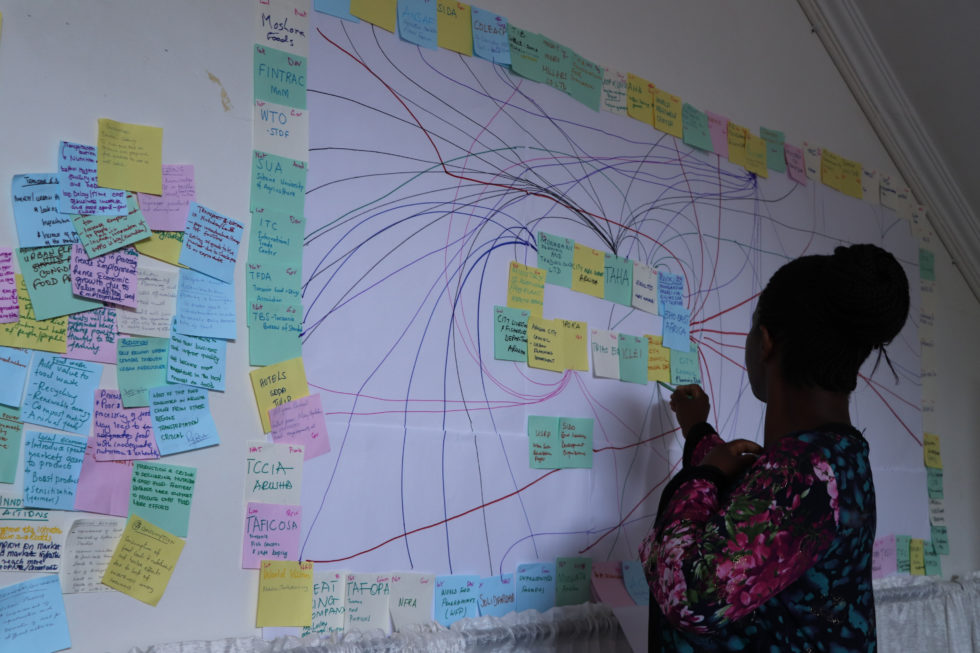

For on-the-ground change to occur, a mental shift on the role of women in urban and rural spaces must first take place. To some this is self-evident, but the battle has only begun. UN Secretary General António Guterres, an advocate for women empowerment, recently tweeted, “to build a world with equal rights and opportunities, we must first unlearn and dismantle prejudiced attitudes.”
On 28 July, in a special edition webinar, presented in partnership with CoM SSA, titled “The importance of gender equality in a time of crisis: how do we move from theory to action?”, a panel of specialists on gender, climate and urban development discussed how mainstreaming of gender equality is central to building resilience to the shocks of global crises. The panellists presented the need for action in the face of the climate crisis and the Covid-19 pandemic, and provided concise solutions to achieve this.
Women are at the centre of society and cities must be designed to reflect this. A holistic approach to urban development shows how the climate issue is also a gender issue.
“Climate change is not felt in the same way by men as by women,” explains Hon. Mayor Gisèle Rose of the Doumé district in Cameroon and the Secretary General of the UCLGA’s African Women Mayors Network (REFELA). Mayor Mpans is at the forefront in leading discourse and action in gender equality: “Women are receptive to climate change awareness, because they feel its impacts directly: the dry season is longer now and bush fires devastate everything; there’s no water and rivers run dry: when we talk about climate change, women understand it and make [the cause] theirs. We need to continue our work to raise awareness and empower women, by developing local and regional strategies and including women in decision-making processes.”
Gender inequality harms everyone because it prevents us from benefitting from the intelligence & experience of all of humanity.
— António Guterres (@antonioguterres) July 22, 2020
As a proud feminist, I have made gender equality a top priority & gender parity a reality in top @UN jobs. I urge all leaders to do the same. pic.twitter.com/2SeYRQGI68
Giulia Maci, an urban specialist and Head of the Cities for Women Programme, Cities Alliance (UNOP) points to a system that never regarded women in the first place: “cities are built for men,” she says, “involving gender expertise in city planning would enable a far more comprehensive, cross-cutting approach wherein food, energy and transport systems would empower women. At the centre of a resilient city are empowered women, who are also at the forefront of the climate crisis at grassroots levels and in response to Covid-19 as caregivers.” In a recent report published by the UNOPS, Infrastructure of Gender Equality and the Empowerment of Women, the ‘enabling nature of infrastructure’ is described as an ‘agent of change’: “inclusive infrastructure development in one sector can have a multiplier effect on the delivery of other infrastructure sectors (e.g., energy can improve the delivery of education and health services).”
As the climate crisis continues to expose the way in which urban and rural infrastructure disserves women and girls, the COVID-19 pandemic has aggravated the spread of inequalities.
The need for radical structural change is alarming. Gifti Nadi, Deputy Regional Director of Africa C40 Climate Leadership Group draws a parallel between the two crises: “This pandemic has shown the world how gender, race and economic inequalities have been exacerbated and exposed. Gender-responsive decisions on climate policy are a part of a human rights-based approach focusing on policy making that is inclusive and just.”
On this matter, Mayor Gisèle Rose Mpans is emphatic in her assertion that “women are at the centre of COVID-19 related issues (access to care, access to food), yet they have not been taken into account during the fight against the pandemic.”
Gifti Nadi contends that “the pandemic has shown issues which impacted women specifically and disproportionately, especially in the Global South.”
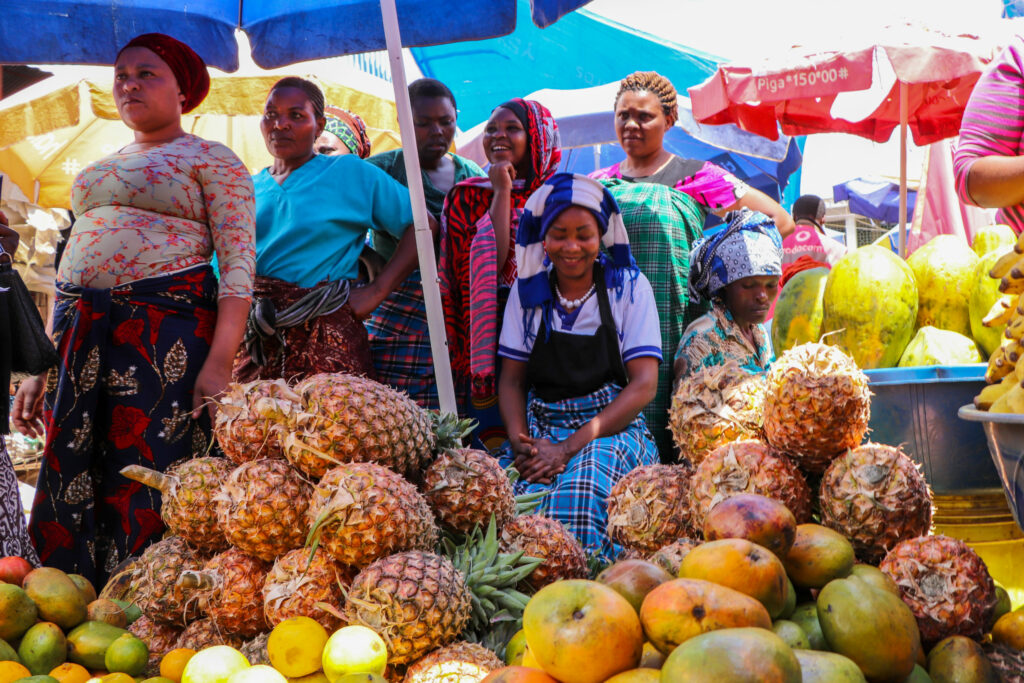
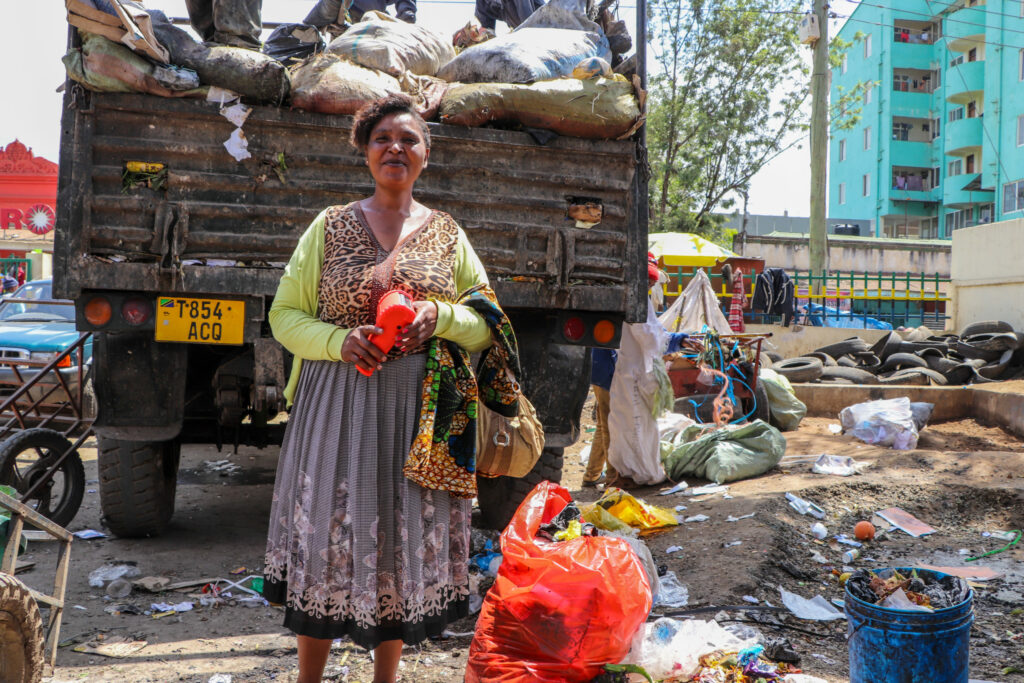
From theory to action
“At ICLEI Africa, our stance is that gender equality is the goal and gender mainstreaming is the strategy.” To see on-the-ground change, Nachi Majoe, Strategic Alliances Manager and Senior Professional Officer in Climate Change, Energy and Resilience for ICLEI Africa, explains that the organisation has a clear roadmap of how cities can achieve gender mainstreaming and ultimately gender equality. This strategy involves the inclusion of gender-segregated data, inclusive participatory processes and concrete actions to support cities.
To this end, ICLEI Africa has launched the Women Leaders League to ensure gender equality, with its aim “to connect subnational women leaders to advice, guide and inform and work with the ICLEI Africa leadership and bring about suitable gender policies and actions that cities can adopt.”
Gifti Nadi believes that a strategy to mainstream gender and climate action into urban policy would “empower the world of women and leadership in the same way that we try to have climate action at the city-level,” adding that inclusive leadership, gender budgeting and equality in the labour market are crucial in seeing the gender agenda translated into action.
Fleur Newman, Gender Focal Point for the UNFCCC, also addressed the way in which climate and gender policy are interrelated, and how urban policy can inform both: “Cities are in a great position to build the bridge between local, national and international climate action. People live and work in cities and there is an opportunity there for inspiring people to make the changes that are needed. We’ve seen it during the COVID-19 health crisis: people can rise to the challenge and find community and collective action.”
In Cameroon, Mayor Gisèle Rose Mpans advocates for gender parity in the work place, and the country has seen women in leadership roles increase steadily, with 29 women mayors in 2013 to 36 women mayors in 2020. “This is small but significant progress for us to gain ground.”
It is also typically women mayors who tackle climate issues, Giulia Maci says. On a grassroots level during the pandemic, Cities Alliance is working directly with communities to distribute equipment, raise awareness and strengthen capacity building. “We focus on messages and women’s role in preventing the spread of the virus.”
Effective messaging is a fundamental step to empowering women: Nasreen Al-Amid, founding director of Surge Africa, explains how her organisation uses storytelling to raise awareness among women and the youth: “Every culture and region has its own unique orientation to climate change and your communication needs to align with that. If you really want people to listen and remember, you have to wrap your information around a story, in a story-telling manner.” Surge Africa also uses social media as a tool for positive change by providing young people with resources.
Dr Meggan Spires, Senior Manager for Climate Change, Energy and Resilience at ICLEI Africa chaired the webinar and concluded that the discussions provided an accessible insight into a complex set of challenges that placed women at the centre of the solution.
